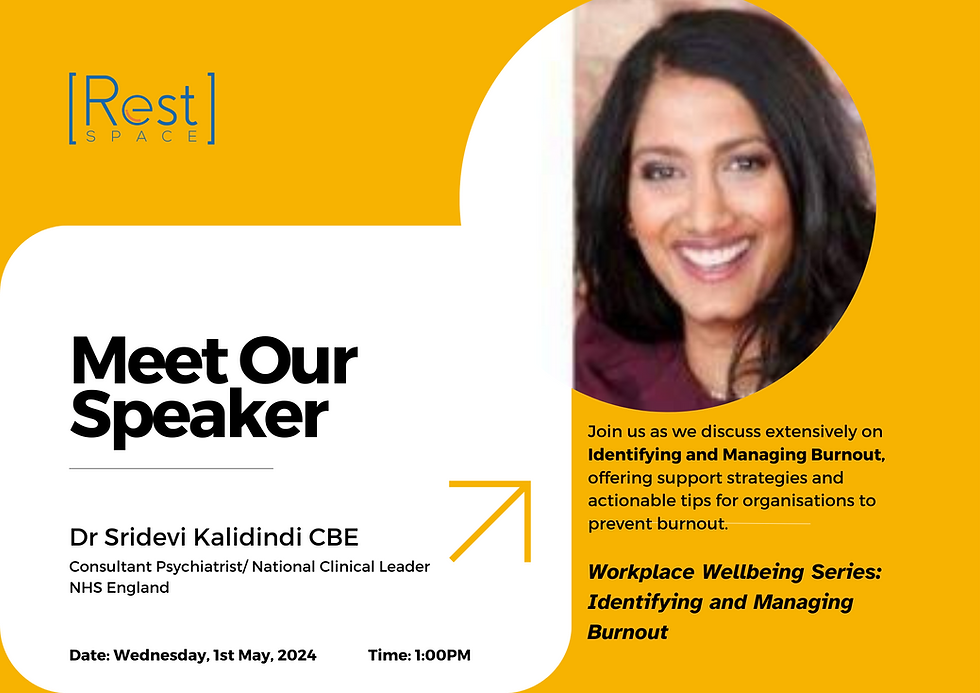Can sleep make your vaccines more effective?
- Supa Chantschool
- Dec 10, 2020
- 3 min read
Updated: Sep 30, 2021
As we are moving deeper into the colder months and with a lot of talk of vaccines in the world at the moment; we decided to focus this month’s blog on sleep and its relationship with our immune systems.
Over the years, we are coming to a realisation that sleep affects virtually every process in our bodies; and as we look more into sleep and our physical health, we are finding that sleep can also have an effect on our immune systems.
Sleep and Vaccinations
Vaccines work by introducing a weakened or deactivated form of the virus into your body, triggering an immune response. In a way, it teaches your body to identify and attack that antigen.
In 2012, an experiment was carried out to see whether there was a relationship between sleep and the antibody response when the participants were given the hepatitis B vaccine. The researchers, based out of Pittsburgh, found that the people who slept less than six hours on average per night were less likely to have an antibody response to the vaccine and therefore were 11.5 times more likely to be unprotected by the vaccine than the people who slept seven or more hours on average.
“Based on our findings and existing laboratory evidence, sleep may belong on the list of behavioral risk factors that influence vaccination efficacy,” lead author Aric Prather, PhD, a clinical health psychologist
Similar kinds of studies have been conducted with the Hepatitis A vaccine and H1N1 swine flu vaccines with similar results. Though some of these involve total sleep deprivation before or after the vaccination, others have seen reduced vaccine effectiveness in adults who habitually fail to get at least seven hours of sleep. People who get insufficient sleep may not give their bodies enough time to develop immunological memory, potentially leaving them unprotected despite having been vaccinated.
Sleep and Covid-19 Vaccine
Last week, the UK MHRA approved the Pfizer/BioNTech Covid-19 vaccine for emergency use; this would be the first mRNA vaccine of its kind to be approved in an infectious disease.
The differences is that instead of injecting us with a deactivated virus, the vaccine contains a small piece of mRNA from Covid-19. If you can imagine an IKEA instructional booklet being the full instructions on how to create a Covid-19 virus, this small mRNA is a torn page from that instruction booklet. And this small mRNA will encode segment of Covid-19 for us to respond to.
This mRNA will be taken into our body and produce a small piece of Covid-19, small enough so you won’t fall ill to it but enough for our bodies to react and produce antibodies to fight against it. Essentially a similar process as we saw from the Hepatitis B vaccine above but our body creates a small piece of the Covid-19 virus for us to have an immune response to.
With the mounting evidence that sleep has on our immune systems, the researchers at Walter Reed Medical Centre plans to have one group of participants sleep up to ten hours for a few nights before receiving the Covid-19 vaccine.
“Over and over, we show that people who got insufficient amounts of sleep were more likely to get sick when we exposed them to a virus. It clearly plays a role in health and well-being.” - Aric Prather
Though not a confirmation that sleep will let you respond to the vaccine better, it is one of the factors we have control over to help us fight against Covid-19. On top of that, we could also do with a couple more hours of sleep for our general well being and being more productive in the workplace.
Get in touch with RestSpaceLDN if you would like to learn more about sleep and vaccine.




Comments